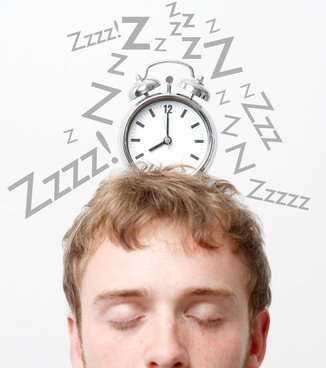Up to 40% of people in Australia will experience a panic attack in their lifetime.
Anyone can have a panic attack in their life but this does not mean that they have a panic disorder.
Panic Disorder fits under the umbrella of all anxiety mental health issues. However, it is necessary to distinguish the symptoms of anxiety and the panic attack symptoms.
So what does a panic attack look like?
Panic attacks are a body experience
Heart palpitations, sweating, shortness of breath, chest pain or discomfort. If you were to see someone on the street having a panic attack you may think they are having a heart attack due to their physical reaction.
Panic attacks are a fear-based response
Usually a panic attack is in response to something but sometimes this is unknown, especially if you haven’t experienced a panic attack before. The other element of fear is that because of the bodily experience, the person fears that they are going to do die or that they will or are having a heart attack. This further adds to the horrible nature of what the person is going through.
Panic attacks are usually time-limited
While anxiety can be prolonged and panic attack lasts for around 10 minutes and then subsides. While someone can have multiple panic attacks in one day, it is possible to recognise the beginning and end of a panic attack.
So let’s name the differences between anxiety and a panic attack symptoms.
- Anxiety builds up over time and a panic attack is sudden
- A panic attack is more intense than anxiety
What is a Panic Disorder?
If you have had a panic attack, there is a chance that you could have a panic disorder but this isn’t the case for everyone. There are a number of criteria that need to be met for you to be diagnosed.
What is a panic disorder? It is:
- That you have had at least one panic attack.
- That after the attack you worry about having another attack.
- You worry about what the panic attack means, for example that you are losing control, or that a heart attack will happen.
- That your behaviour substantially changes to try and prevent another attack occurring.
The ‘substantial behaviour change’ relates to specific behaviours that the person does to avoid a panic attack at all costs. This is the case with Agoraphobia is where someone has had a panic attack (often in a public space) and then the person starts to avoid being in a public place as they afraid that they may get another panic attack or not have the right help if they do experience one. So the person’s life changes to attempt to stop any likelihood of facing this horrible experience.
There are different subsets to panic disorders that relate to the type of behaviours change that occurs but the main features are that a panic attack or attacks occur, the person worries about them occurring again, and they then start changing behaviours to prevent them occurring again.
Based on this information we need to make it clear that everyone can have a panic attack. And this does not mean that you are losing control. It just means that you are going through a very difficult time and you need some support.
What helps in a panic attack?
So what helps in a panic attack? This is for the person in the panic attack and those who might see a loved one or friend.
The Dont’s
- Don’t try and get the person to talk. The person’s brain functioning is limited and so lengthy conversations won’t help at all.
- Don’t bombard the person with questions or ignore their physical symptoms.
- Don’t panic yourself.
The Do’s
- Remind yourself or the person that they are safe. If you know it’s a panic attack, say this to yourself or the person.
- Direct yourself, or other, to try and clench and release their toes or fingers, tensing and relaxing to try and refocus them.
- Sometimes breathing exercises, like breathing deeply and slowly, do help but this doesn’t work for everyone.
- Remind them that this will end.
We can help you
Support is available for people facing panic attacks or a panic disorder.
It is best to reach out for support and get further information as to what can help.
Please read through our other similar articles that relate to panic attacks.
You can also talk to our therapists about what panic attacks are like for you, and follow through with counselling.



